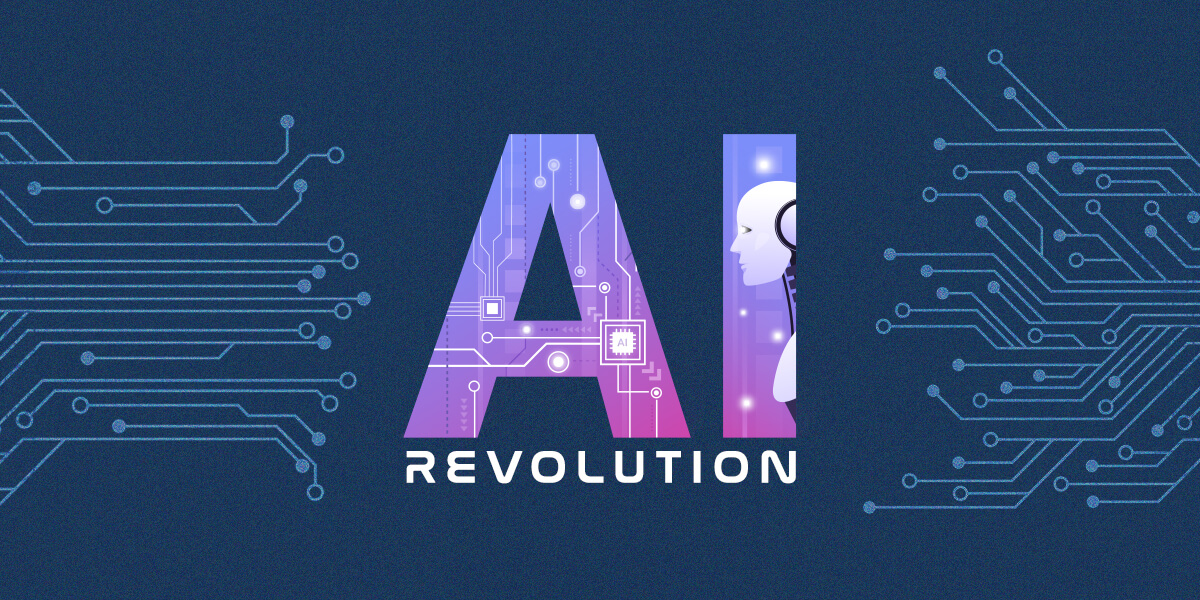Are We Ready for the AI Revolution?
Should we feel excited or frightened by the idea of an AI model directing a robot?
I am a data science student and more than once I’ve wondered if I’m doing all this studying for nought, because GPT, the AI, can do what I do; well except stand in front of my bosses and do a presentation, until they can hire some robots. But for now, I remain relevant.
“If the AI can replace my work, then I don’t think I’m not doing a good job,” uttered one Alex Konrad, Forbes Senior Editor in an interview. Safe to say I live by these words now.
It is the age of AI. Albeit, AI has been there for a while, the likes of Siri, Cortana, Google Assistant, and Alexa, but not as much as what this year has brought us. We have OpenAI’s ChatGPT, Midjourney, Google’s Bard, Jasper, Stability, Bing AI, etc. Image generation from a prompt is incredibly brilliant, don’t you think? Coding capabilities, are also very impressive (but does it work? Sometimes, yeah).
Artificial Intelligence has many a definition, the crux of it being, “the theory and development of computer systems able to perform tasks normally requiring human intelligence”. How does the computer learn? Through Machine Learning – it detects the patterns from training data and predicts and performs tasks without being manually or explicitly programmed. We have one more, Deep learning (done via neural networks) – a method in AI that teaches computers to process data in a way that is inspired by the human brain.
A frequently asked and debated question is, “Does the AI know what it’s doing? “.
ChatGPT is an artificial intelligence chatbot developed by OpenAI and launched on November 30, 2022. In full it is Chat Generative Pre-Training Transformer. When you feed it a prompt, it gives a very coherent output, mostly true, might be false, might be completely made up. Why is this? Why does a supposedly intelligent machine lie? Does it know it’s lying? Most of the ‘experts’ (or insert equally semantic word here) say it doesn’t. This is because the output is merely a prediction of text based on the prompt you have given. ChatGPT was trained on a massive corpus of text data, around 570GB of datasets, including web pages, books, and other sources. It was born after running trillions of words for the equivalent of 300 years, through supercomputers processing in parallel for months. After all this, the computer made about 170 billion connections between all these words. Incomprehensible, isn’t it? Math is beautiful. So anytime you enter a prompt, ChatGPT calculates through all these connections to give you the most appropriate prediction of words that had the highest probability after all the back-end math was done. (Look into neural networks, it’s interesting to watch a machine be taught how to recognize handwritten numbers.) So yes, it is very possible that ChatGPT doesn’t know what you’re asking it, or what it’s replying to. It’s all math and predictions. However, this will change as we keep teaching AI to not just predict data but to understand and learn any intellectual task.
Is there a law to protect us against AI?
In April 2021, the European Commission proposed the first EU regulatory framework for AI. It says that AI systems that can be used in different applications are analyzed and classified according to the risks they pose to users. The different risk levels will mean more or less regulation. The first ever AI Act was created on the 8th of June, 2023 by the European Commission for the use of artificial intelligence in the European Union as part of its digital strategy. It contains different rules for different risk levels and Generative AI transparency requirements. This is a good start because there are several concerns about the data used to train the AI. For example, in February, Getty Images sued Stability AI, a smaller AI start-up, alleging it illegally used its photos to train its image-generating bot. ChatGPT maker OpenAI is facing a class action over how it used people’s data. We have people creating content via AI and passing it off as theirs, and this information might be false. There are many concerns over who is responsible if a human was to use AI for ‘wrong’.
Is AI sentient?
Can AI perceive or feel things? Current applications of AI, like language models (i.e., GPT and Google’s LaMDA), are not sentient. They are only trained to sound like they know what they are talking about – ‘they’ being AI collectively. Will we know if it ever became sentient? There is no consensus on accurately determining if an AI is conscious, given our current understanding of consciousness. Scary sounding, isn’t it? That’s because it is, but it is also very exciting.
The AI revolution is here, and a lot is about to change. Are we ready?
 English
English French
French German
German




